Introducing a new shared art space in Tokyo, providing a hub for artists looking for innovative ways to live, create, and showcase their work. Plus, two more communal creative spaces in the city.
In the late 90s and early Noughties, something magical started to happen in a certain part of eastern Tokyo. Once a gritty garment district, it began to metamorphose into an unofficial arts hub and stylish (and cheaper) alternative to Aoyama, Daikanyama and the usual suspects. The press even gave this area and scene (Bakurocho, Kodenmacho and Monzen-Nakacho) a catchy name: CET or Central East Tokyo.
Like most 21st century mega cities, Tokyo is protean and trends come and go. CET’s time has been over for a while, and other locations have taken up its mantle. One such area is Sengoku, a hop, skip and jump from Sugamo on the Yamanote line. While Sugamo revels in its “Harajuku for geriatrics” tagline, Sengoku is more youthful, sophisticated, and calmer. It has cute backstreets littered with artisanal toy shops and French bakeries, and it’s the location of the hip Tokyo Fashion Art College.
The latest addition to the area is the Sengoku Art Space, owned and run by charismatic Canadian Lloyd Cunningham. The Toronto native and long-term Tokyoite is CEO of media, marketing and tech firm Robotag. He is also a passionate advocate of art and monozukuri (craftsmanship). A skilled carpenter and artist himself, Cunningham, who studied fine arts and architecture, sees his new space as “essentially a pilot project. It’s part artist live-and-work space, part showroom, part event space, and part studio for design/build projects. But at the core is a drive towards being a creative space or hub. That said, part of what we are doing here is an exploration and a process of discovery.”
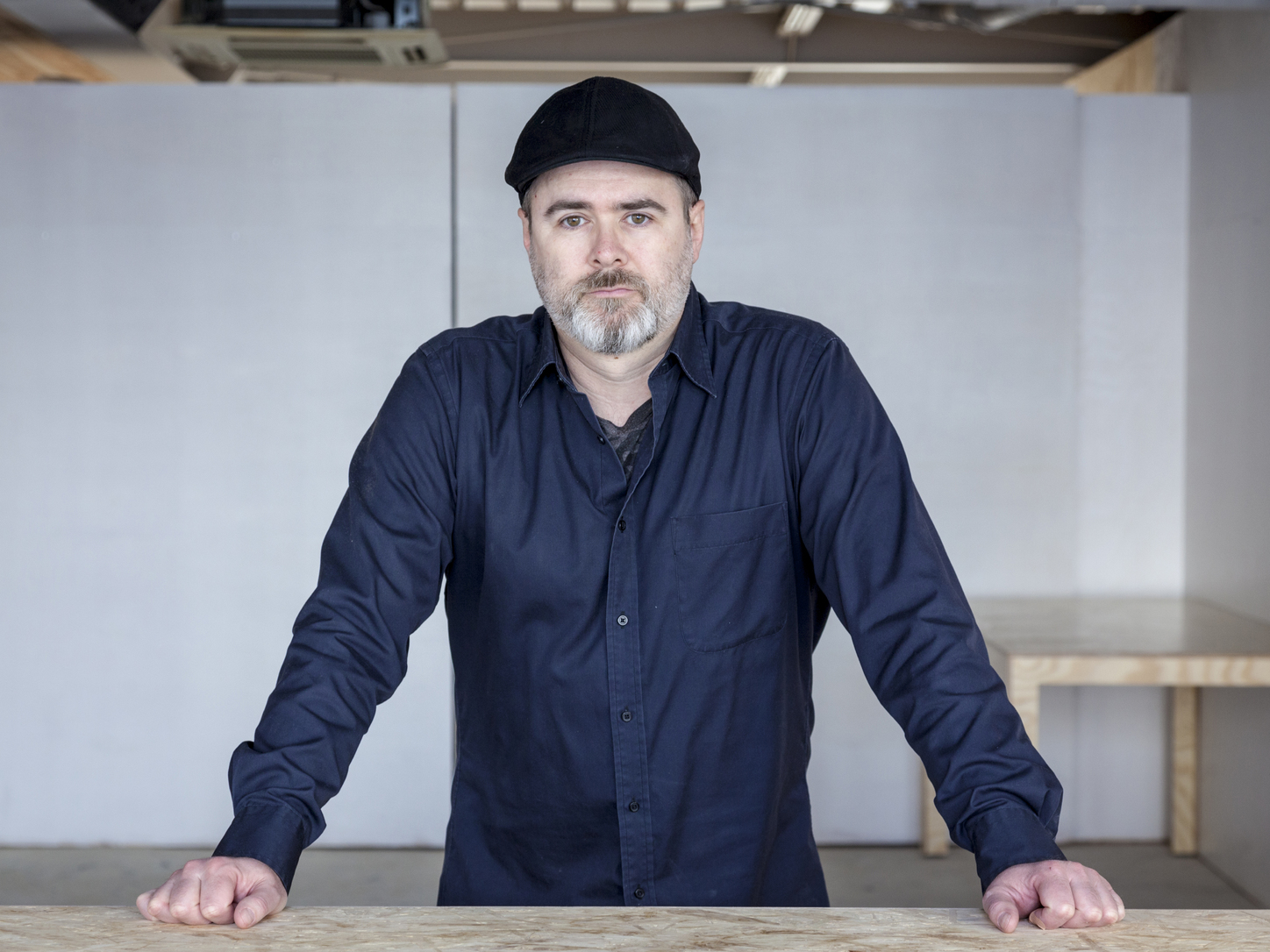
Lloyd Cunningham. Photo by Stephan Jarvis
The Sengoku space has already played host to emerging English photographer Stephan Jarvis’s first solo exhibition, and Cunningham plans to build on this by establishing closer bonds with the local community by running arts and crafts classes as well as calligraphy, drawing and painting lessons for kids and adults. Cunningham, who basically renovated the space singlehandedly from found and recycled materials, wants the project to exemplify the rejection of the ready-made and prefab aesthetic of modern times. “We seek to create a truly authentic experience – one that’s not purchased or commercialized. Instead we create it for ourselves.”
There are numerous communal spaces popping up in the Japanese capital but most focus on servicing the needs of a new generation of “global nomads” – people who can work anywhere as long as they have a laptop and desk. What makes Sengoku Art Space different is the focus on art, collaboration and the sharing of ideas in addition to mentoring ability. Cunningham has even established his own carpentry and woodwork business, Roidoworks (a play on the katakana pronunciation of Lloyd Works), and plans to carve out a future inspired by Japanese shokunin (artisans).
The Canadian Renaissance man has plans for Sengoku and the future of creative communal spaces. “We’re basically nonprofit,” Cunningham says. “We have no foreseeable revenue model, and are just hoping for the space to generate enough cashflow to sustain itself. When we first started renovating the space, I wouldn’t have believed we could come this far. If we can build a community of creatives here, and make it work, then I would like to seek out other spaces to refurbish into artists’ live-and-work spaces too.”
Sengoku Art Space: 4-38-10 Sengoku, Bunkyo-ku
More Shared Creative Spaces in Tokyo
RYOZAN PARK
Launched five years ago as one family’s attempt to rejuvenate their local area, Ryozan Park has since become a vibrant community based on diversity, collaboration and work-life balance. Following the success of the first building in Sugamo, a second co-working space was developed in Otsuka in 2014, broadening its reach to support working parents by providing care for preschool-age children. Facilities include a rooftop terrace, gym, kitchen, library, and even bedrooms. It’s basically a top-end home/workspace for urban professionals.
1-9-1 Sugamo, Toshima-ku, and 3-36-7 Minami Otsuka, Toshima-ku, 03-6912-0304, [email protected]
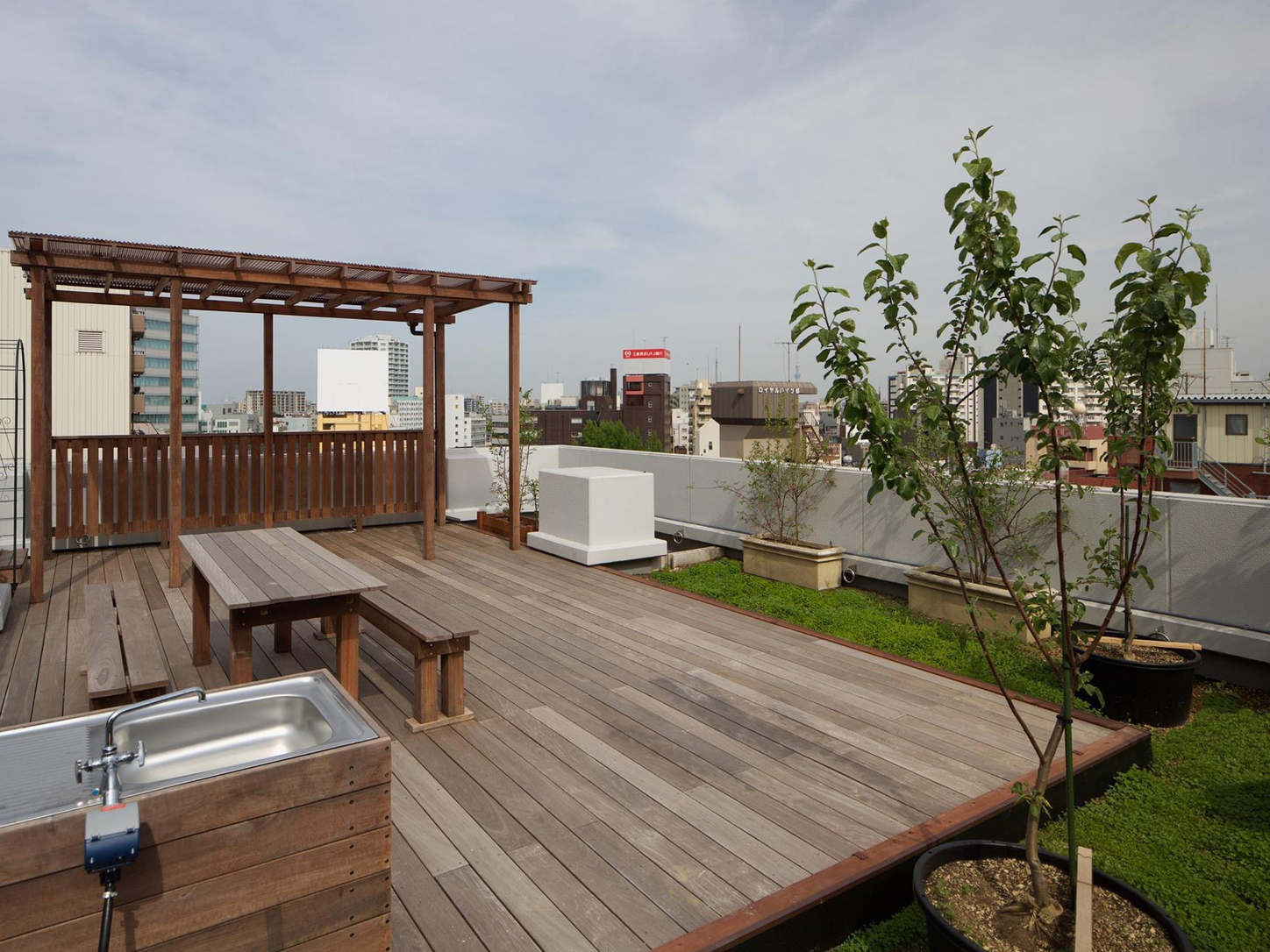
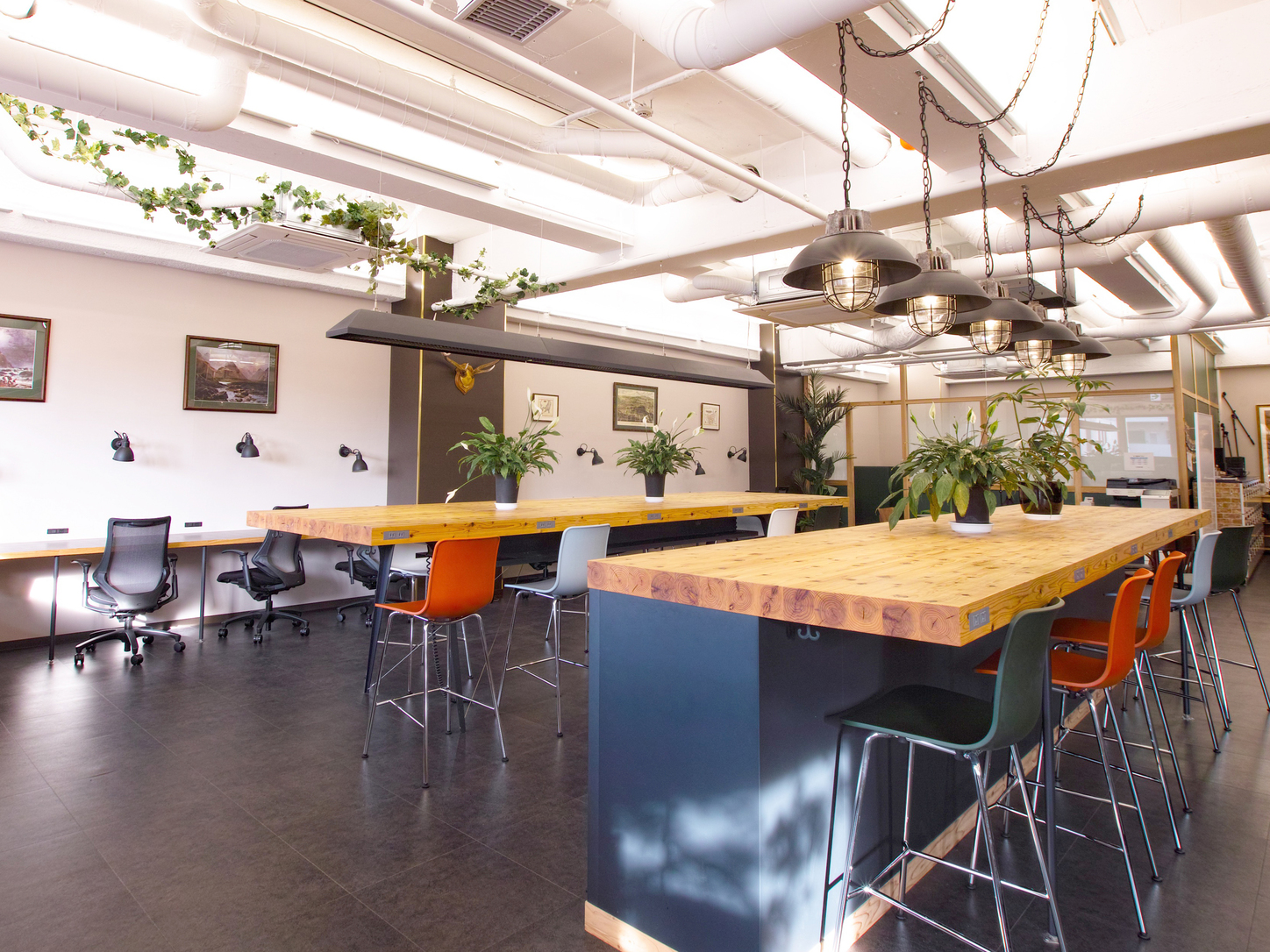
NAGATACHO GRID
Opened this February, Nagatacho Grid is a mammoth, stylish space for freelancers, startup entrepreneurs, non-profit organizations and major businesses, artists, researchers and students. The Grid is comprised of office spaces, conference rooms, parking lots, a café and rooftop space – and everything is shared and free to use for members.
3-53 Hirakawacho, Chiyoda-ku, 03-5759-0377, grid.tokyo.jp
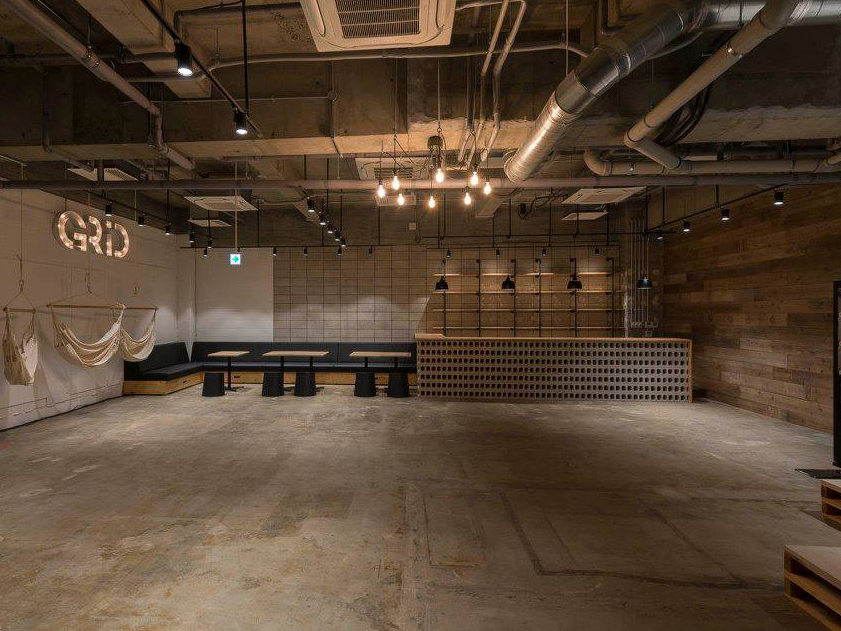
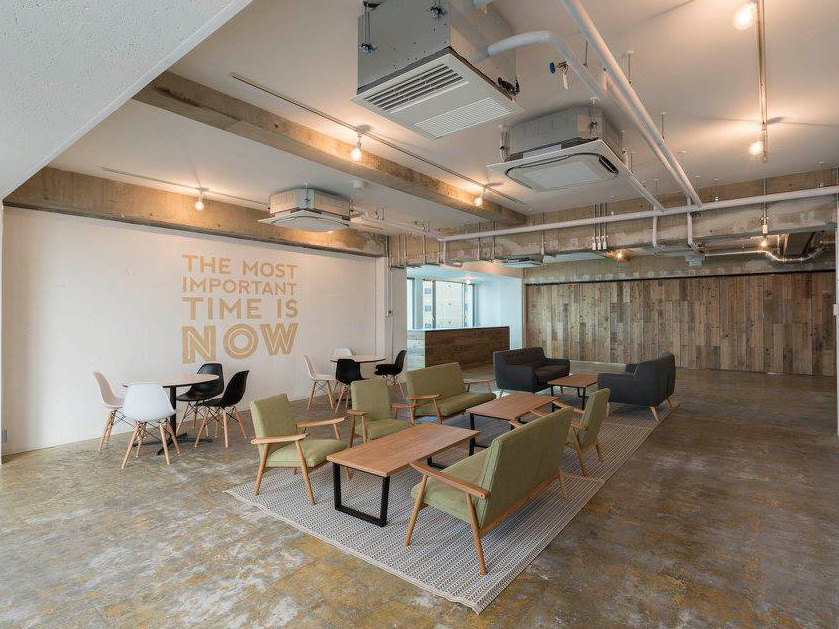
Top photograph by Stephan Jarvis
This feature appears in the April 2017 issue of Tokyo Weekender magazine.

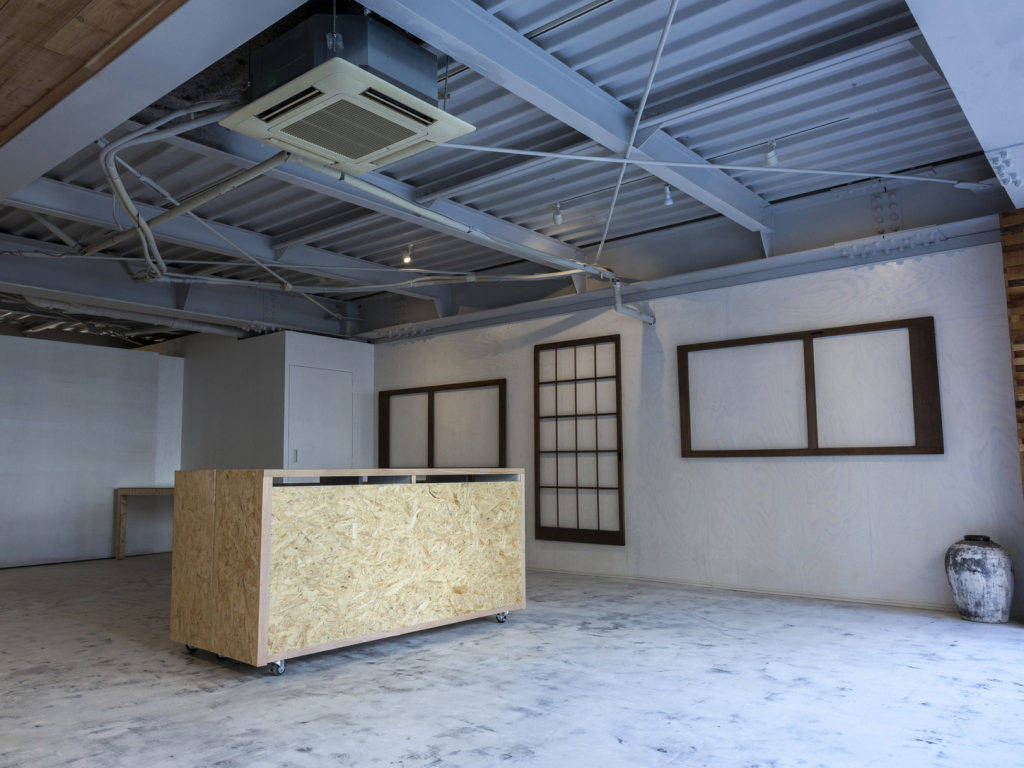




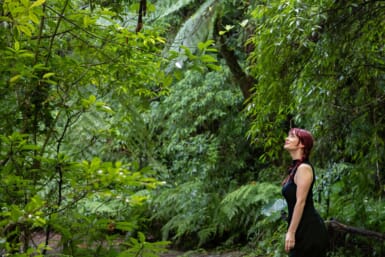

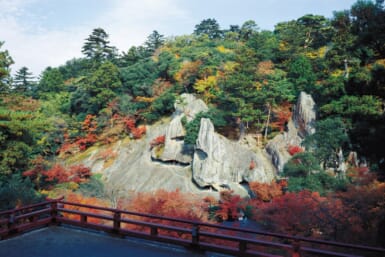
_KRAACH-クリスタルバスソルト-385x257.jpg)